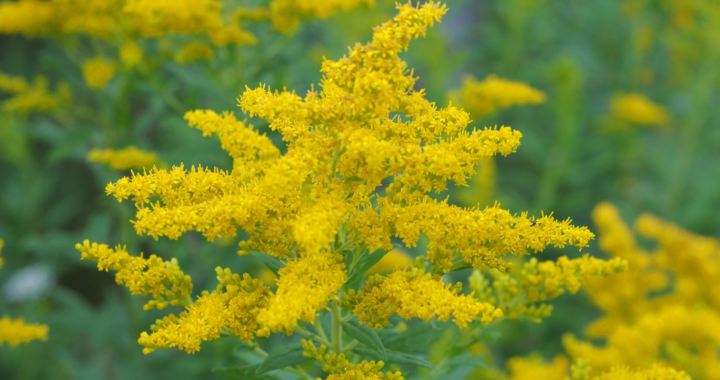Are you one of the many who struggle from ragweed allergies? You’re not alone. Almost 23 million people in the United States suffer from. Most ragweed pollen blooms mid-August, but it may bloom as early as mid-July. Ragweed allergies are commonly associated with symptoms such as itchy, watery eyes, a runny nose, congestion, poor sleep quality, sneezing, and coughing. You can minimize these effects by starting to prepare for it now!
7 Tips for Ragweed Season:
1.Check the pollen counts for your area.
Try to avoid being outdoors on days with high pollen counts. Stay indoors with the windows closed.
2.Start taking prescribed or over-the-counter medications two weeks before ragweed season starts.
In order for your allergy medications to work effectively, you should start taking them about two weeks before ragweed season begins. Talk to your health care provider to see which medications are best for you.
3.Call your doctor now if you’re out of prescription medication refills.
Don’t wait until you start experiencing symptoms. Patients often think they shouldn’t see their provider until they start feeling miserable. This is NOT true. Call before you feel symptomatic so you can be evaluated and tested for allergies. Allergy tests range from skin testing to a simple blood test. Call now and set up an appointment!
4.Keep windows closed at home and in the car.
We all love to enjoy the nice weather and have the windows open but leaving the windows open allows the pollen to get into your home or car.
5.Bathe your pets frequently.
Our pets love playing outside but they end up tracking large amounts of pollen into the home. Bathe your pets frequently to prevent unwanted tracking of pollen.
6.Shower before bed.
We are no different than our pets. Throughout the day we collect pollen and track it into our homes. Shower off before bed so that you don’t bring pollen into the bed at night. This includes washing your face and hair so pollen doesn’t end up on your pillow.
7.Think about starting sublingual immunotherapy.
Sublingual immunotherapy can significantly reduce your experienced symptoms and provide long-term relief! Typically, you want to start immunotherapy prior to the height of the allergy season that affects you the most. However, the sooner the better in order to get the long-term effects of immunotherapy.
Don’t wait until it’s too late! Get ahead of ragweed season and get back to enjoying what you love doing!

